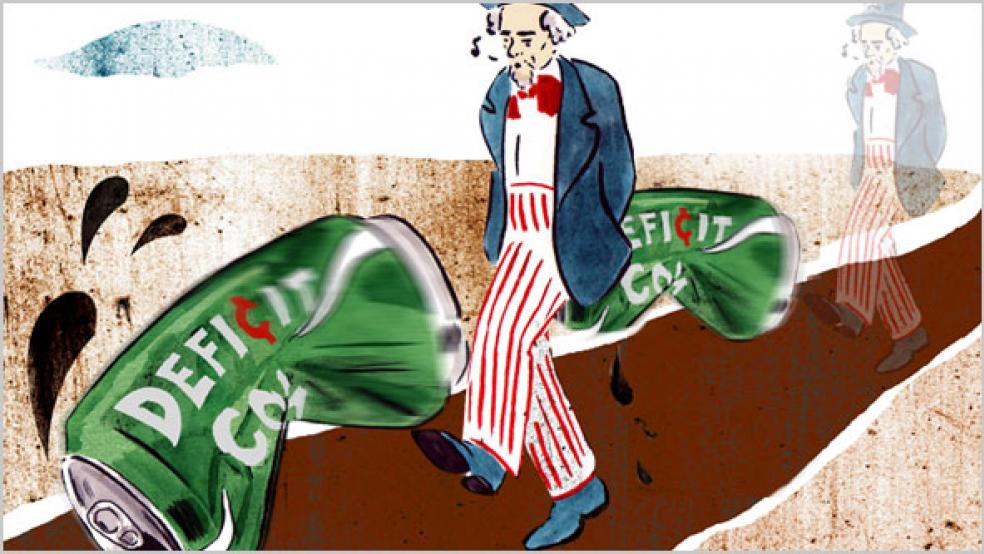The House of Representatives on Friday voted to approve a measure that both increased the tax credit for business research and development and made it permanent, forging one more link in what economist C. Eugene Steuerle see as a chain binding future Congresses and future taxpayers to the decisions of the past.
The bill provides tax credits to encourage businesses to invest in research and development – something Steuerle and most other economists generally support. But by making the measure permanent, and dictating that the tax credits would be available for a fixed percentage of business investment regardless of the amount, it virtually guarantees that so long as the U.S. economy keeps growing, the tax credit will take a larger and larger bite out of federal tax revenues.
Related: House Republicans Propose Controversial Tax Vote
It’s an example – and by no measure the most egregious one – of what Steuerle says in his new book, Dead Men Ruling: How to Restore Fiscal Freedom and Rescue Our Future (Century Foundation Press), of the effort undertaken by both of the major political parties to “impose their agendas on the future.” Steuerle, the Richard B. Fisher Chair and Institute Fellow at the Urban Institute in Washington, argues that in doing so, lawmakers have “deprived today’s generation and those to come the right to determine their own futures.”
Steuerle’s main concern is that years of accumulated legislation have set so much federal spending in stone that current legislators have little ability to respond to problems or to make innovative policy decisions.
In a simple line graph that appears early in the book, Steuerle presents the percentage of projected federal revenue each year that has not already been committed to specific programs or to debt service before Congress even shows up for work. A generation ago, in the early 1960s, it was about 65 percent of the federal budget. That means that the majority of the spending the government did in a given year would be decided by existing members of Congress in the budget and appropriations process.
Steuerle refers to this chart as a measure of “fiscal democracy” – a rough proxy for how much effect voters who cast ballots in the last election have on the government’s decisions about spending.
Related: 2014 Budget Deficit Will Fall to $492B - CBO
If he’s right, there’s bad news for today’s voters. In the worst years of the Great Recession, the percentage actually fell below zero – meaning that the government was committed to spend more than it would take in before Congress even considered budget and appropriations bills. Currently, it sits below 10 percent, and will never exceed 20 percent in the foreseeable future.
The largest culprit here is entitlement programs, such as Medicare and Medicaid, which Steuerle points out, are constructed to continue growing, year after year, without any input from Congress or voters. But tax cuts are also a problem, Steuerle says. The insistence on driving the top tax rates ever lower has also constrained policymakers by limiting government revenue.
Steuerle’s position is studiously non-partisan. He says he is less interested in taking aim at particular programs or policies than in making sure that decisions about taxation and spending get made by the people they are actually affecting – not left on an autopilot program devised decades before.
Related: CBO Challenges White House Budget Numbers
The book paints a grim picture, but Steuerle, in an interview, pointed out that he also offers a possible path to fiscal flexibility.
It would require a “Grand Compromise” of sorts, with Democrats agreeing to give up automatic growth in entitlement spending – meaning that the rate of spending on Medicare and Medicaid, for example, would be subject to the budget and appropriations process. Republicans would have to agree that existing tax expenditures likewise become subject to debate at regular intervals and, just as importantly, he said, “be willing to pay our bills as we go along.”
“We’ve tied this straitjacket around ourselves,” he said, “and we can untie it.”
Top Reads from The Fiscal Times:


